Where Are the Asian American Artists in Music?
The Forgotten 5% in Music
Performing at the Head in the Clouds Music Festival, Niki, an artist from 88Rising, is a role model for aspiring Asian musicians all across the world.
November 13, 2019
A diverse country with numerous races and ethnicities encapsulating most of the world’s nations, the United States is full of various ideas, cultures, and backgrounds. With the variance of people, entertainment in America represents the very people who make up the population. But a huge sum, 5.6% of the population, are not being portrayed? That is around 20 million people that live in and breathe American culture. And why especially are these 20 million people almost always forgotten in the media, especially music? This issue constitutes the everyday reality for Asian Americans.
Much of what culture entails is the news, trends, television, and music that people follow and immerse themselves in. Especially in western culture, underrepresentation has been a problem for a while now. Not many Asian Americans are cast in roles in Hollywood and are usually stereotypically typecast. Even though there are movies such as Crazy Rich Asians and Always Be My Maybe that feature an almost full Asian cast, these are some of the only exceptions because of the more progressive society we live in today. Yet, when it comes to representing a substantial sum of the US population in music, even fewer artists are signed to record companies– and even fewer are played on the radio.
Today’s radio stations play an assortment of genres and artists. From R&B to Country to Classical, it seems almost every genre or race has a part in the industry, American born Asians covering one of the smallest areas on the radio.
Although minority groups as well, Hispanic and African Americans have been flooding the music scene. With Latin music and Hip-Hop rising in popularity on the Billboard charts with artists such as Drake, Travis Scott, J-Lo, and Pitbull representing the Hispanics and African Americans, Asian Americans are missing in action. Despite the fact that K-Pop has been growing its audience here in the States, it represents those in continental Asia, not those of Asian descent here in America.
Asian Americans are far away from being a huge force on the Billboards but are making a statement to the American public. Paving the way for more Asian artists is Tyga, who is half Vietnamese, and H.E.R. who is half Filipina. Their platform is used for representation in inspiring for other Asian Americans wanting to pursue music.
There are so few Asian American role models in music, but 88Rising and other artists are breaking the ice and trailblazing a new future for America.
Not only are Tyga and H.E.R. helping shape the growing movement, but a group moving in the right direction is 88Rising. 88Rising is a music group and a crew consisting mostly of artists of Asian descent with styles in R&B, Pop, and Hip-Hop. Their main message is for Asians to feel like they are heard and have a voice in the music after being so under-portrayed in the past.
Still, why are there so few Asian American artists in mainstream music? The question can be rationalized by looking at the way that many Asian Americans are brought up. An overall consensus of what Asian parents want their kids to be is successful, especially in law or in STEM fields– disciplines that almost always guarantee financial stability. This ideal is ingrained in such a large number of young Asian Americans that going for an art-related career is so unheard of.
Especially for minorities, representation is important in showing the youth who to look up to and relate to growing up. Children want to feel the reassurance of similar people dealing with the same circumstances and situations so they do not feel left out. Relating to this as a child, Sarah Kim (12) believes that “there are so few Asian American role models in music, but 88Rising and other artists are breaking the ice and trailblazing a new future for America.” The longing for wanting to fit in or of belonging is what countless Asian Americans crave in childhood, emphasizing the importance of representation in music.
With minorities soon to be the majority by 2060, the United States will see more and more Asian Americans rising to prominence in all areas of culture. The transition of integrating more Asian Americans in music will not happen overnight. The steps Asian artists are taking now are leading the public onto the right path– one of diversity, acceptance, and hope. To the people wondering where the Asian American artists are in music: they are just around the corner.


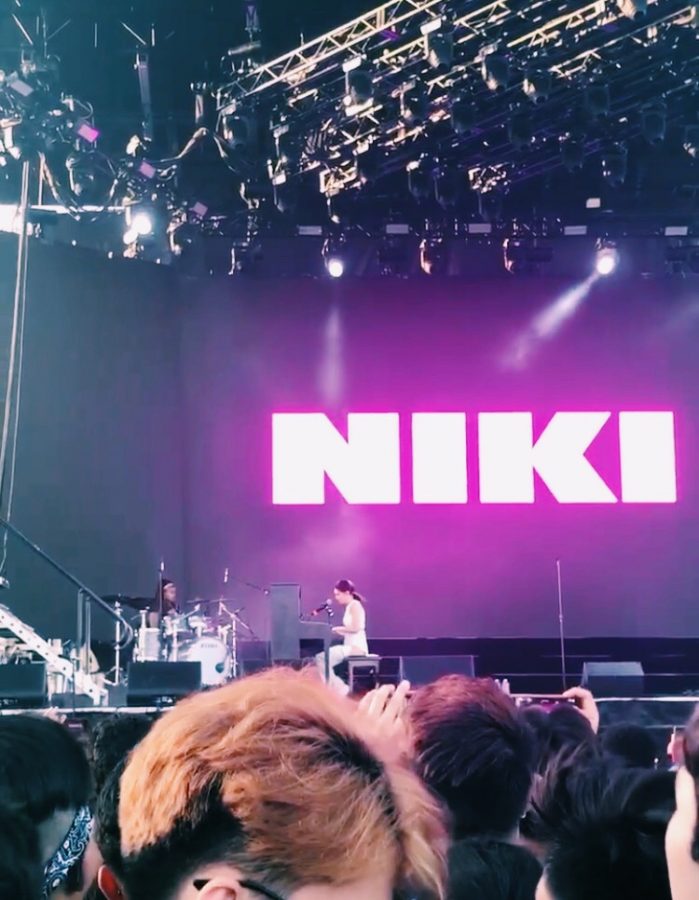
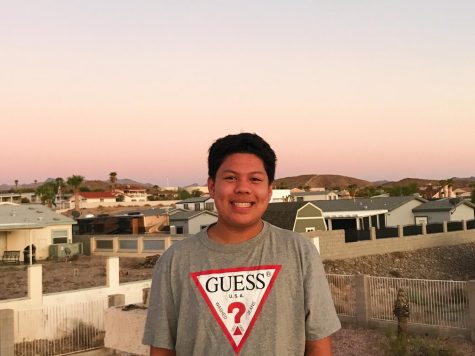










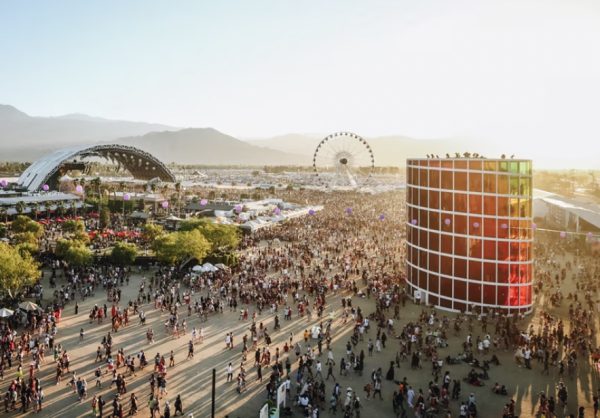

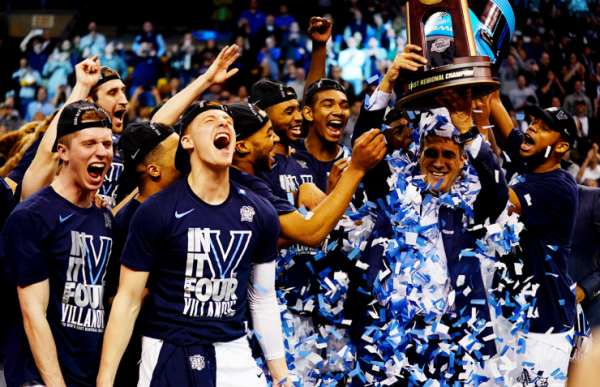

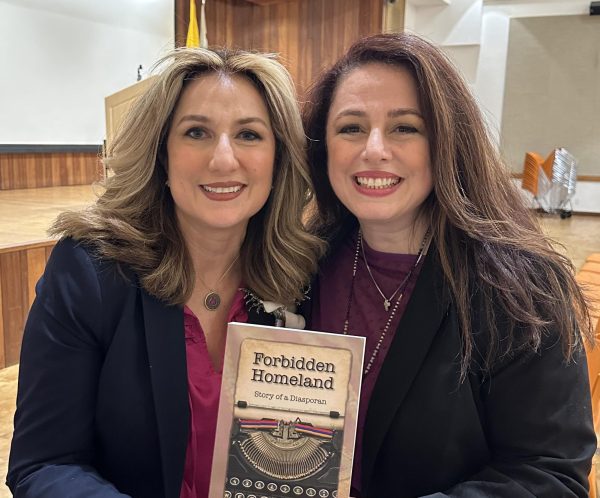

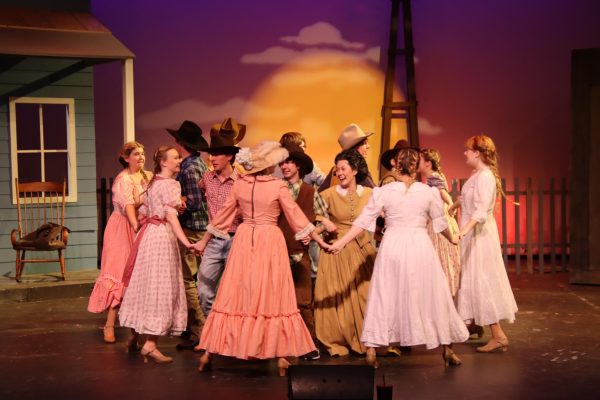


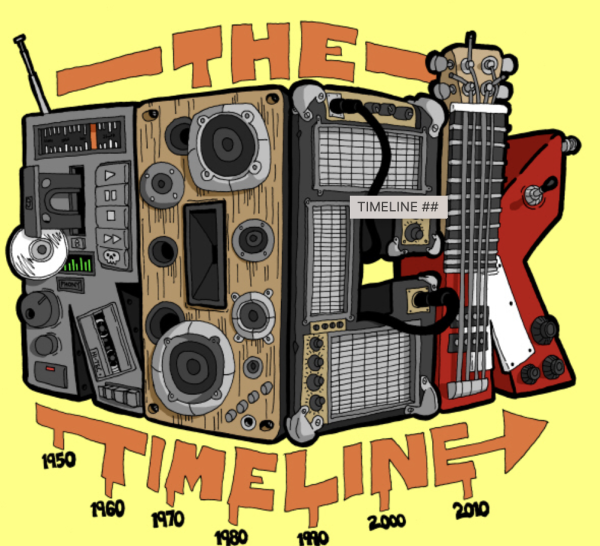
Brianna Lau • Nov 13, 2019 at 9:42 PM
ahh Stephen, your words move me :,)